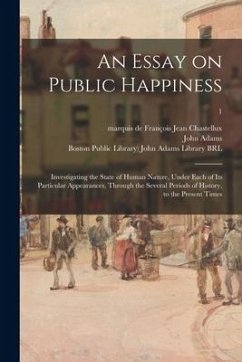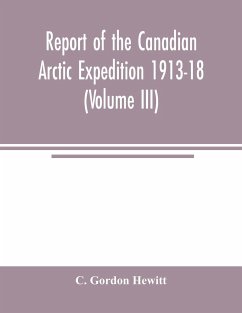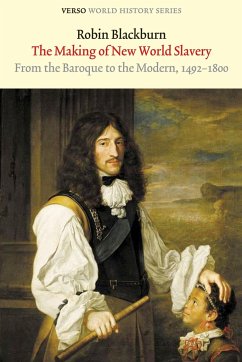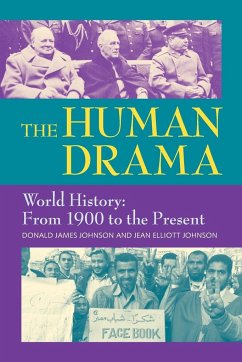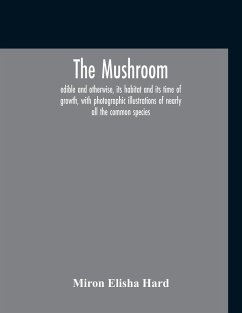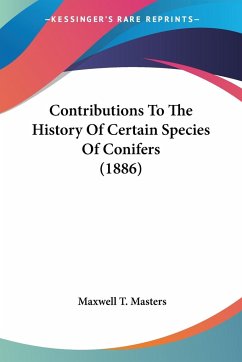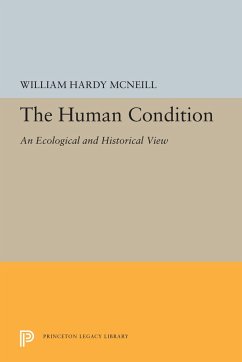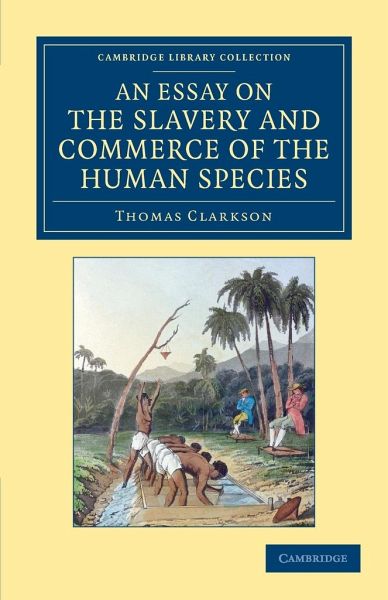
An Essay on the Slavery and Commerce of the Human Species
Particularly the African, Translated from a Latin Dissertation, Which Was Honoured with th
Versandkostenfrei!
Versandfertig in 1-2 Wochen
48,99 €
inkl. MwSt.

PAYBACK Punkte
24 °P sammeln!
This 1786 publication is a translation of a prizewinning Latin essay written by Thomas Clarkson (1760-1846) at Cambridge the previous year. Clarkson's deep research into the Atlantic slave trade instilled in him a sense of duty, inspiring him to devote his life to abolitionism. The publication of the essay introduced Clarkson to like-minded campaigners, notably William Wilberforce (1759-1833) and Granville Sharpe (1735-1813), with whom he helped to establish in 1787 the pioneering Society for Effecting the Abolition of the Slave Trade. Thoughts on the African Slave Trade (1788) by the sailor, ...
This 1786 publication is a translation of a prizewinning Latin essay written by Thomas Clarkson (1760-1846) at Cambridge the previous year. Clarkson's deep research into the Atlantic slave trade instilled in him a sense of duty, inspiring him to devote his life to abolitionism. The publication of the essay introduced Clarkson to like-minded campaigners, notably William Wilberforce (1759-1833) and Granville Sharpe (1735-1813), with whom he helped to establish in 1787 the pioneering Society for Effecting the Abolition of the Slave Trade. Thoughts on the African Slave Trade (1788) by the sailor, slave trader and Anglican clergyman John Newton (1725-1807) is also reissued in this volume. Published thirty-four years after Newton's retirement from the slave trade, this pamphlet apologises for his 'too late' conversion to the abolitionist movement and describes the horrific conditions aboard slave ships during the Middle Passage.






